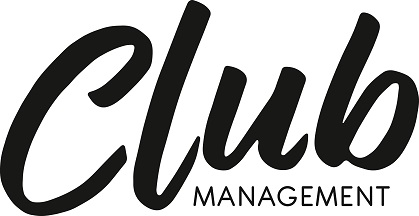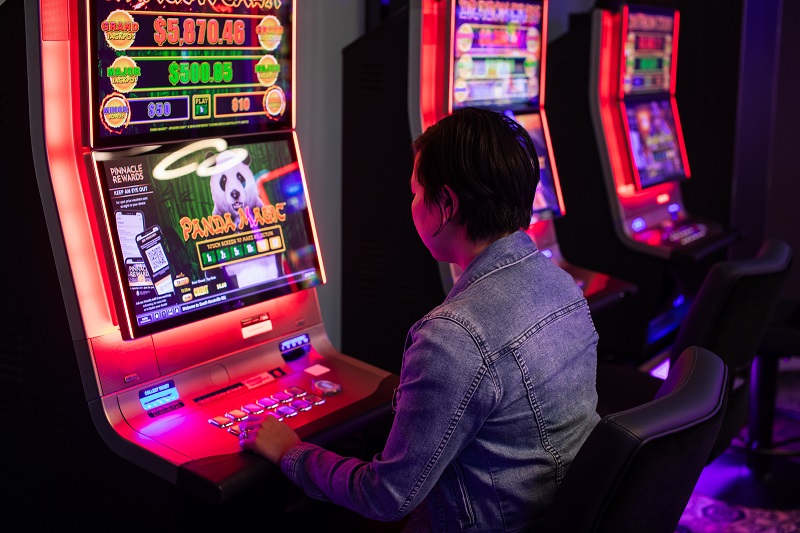A report from the NSW auditor-general has found that the Independent Liquor and Gaming Authority (ILGA) and the Department of Creative Industries, Tourism, Hospitality and Sport (the Department) have not effectively supported gambling harm minimisation in clubs and hotels across the state.
The audit, which examined the regulation of gaming machines with a focus on harm minimisation, concluded that while the Department has a regulatory strategy in place and has communicated its priorities to stakeholders, the strategy lacks a strong focus on high-risk areas and fails to set clear targets for reducing gaming-related harm.
“Gaming machine losses and the social costs of gambling harm continue to be disproportionately concentrated in socio-economically disadvantaged communities,” the report stated.
The report found that NSW is home to nearly 87,750 gaming machines, significantly more than the rest of Australia combined, despite legislation aimed at reducing gaming machine numbers.
One such measure is a compulsory forfeiture scheme requiring venues to surrender a portion of machine entitlements when transferring them between venues. Since its introduction in 2011–12, there have been 3,546 machine entitlements have been forfeited, an average of 273 machines per year. The report noted that multiple exemptions introduced since the scheme began have limited its effectiveness.
Further, the report found that many venues with large numbers of gaming machines have not had their licence conditions reviewed in recent years, and suggested that as a result, some may be operating under conditions inconsistent with contemporary harm minimisation practices.
“ILGA and the Department have clear processes for assessing applications to operate gaming machines,” the report said.
“However, ILGA does not proactively review licence conditions after they are granted.”
The audit also raised concerns about the effectiveness of Responsible Conduct of Gambling (RCG) training. It found that the current training does not equip venue staff to proactively intervene in harmful gambling behaviour. It noted that staff are only required to respond in cases of extreme behaviour, and formal referrals remain rare, with only 2 per cent of people who accessed the NSW government’s gambling counselling service in 2023–24 were referred by venues.
The report recommended that the Department increase the focus of its regulatory strategy on improving harm minimisation outcomes and ensure the gaming machine forfeiture scheme is achieving its legislative objectives. It also urged ILGA to begin conducting periodic reviews of licence conditions for venues operating gaming machines and to provide clearer explanations of its decisions to industry and other stakeholders.
A ClubsNSW spokesperson told Club Management: “ClubsNSW looks forward to working constructively with the NSW government as it considers its response to recent reports into gambling harm minimisation, including the NSW Audit Office’s report.”
Minister for Gaming David Harris also welcomed the report, but blamed the former Coalition government.
“The report looked at the period 2019 to 2024, which was largely under the former Coalition government,” he said.
He reiterated how the Minns government is committed to harm minimisation, saying that a number of initiatives have already been implemented.
“While the former government over 12 years introduced several initiatives, the NSW Labor Government has moved quicker and has implemented more comprehensive reforms over the past two years,” he said.
“The government notes that while many of our reforms have only been in place for under 12 months, we acknowledge and welcome that both the Department of Creative Industries, Tourism, Hospitality and Sport and Independent Liquor and Gaming Authority have accepted the recommendations made in the report.
“This is complex reform, and changing behaviour takes time.”
He said the government is currently considering further recommendations from the Independent Panel on Gaming Reform.

